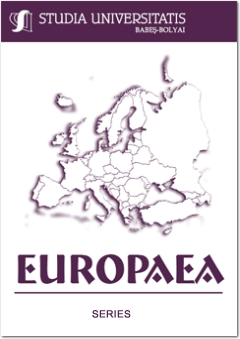RELATIONS OF ROMAN CATHOLIC (RCC) AND SERBIAN ORTHODOX CHURCH (SOC) AFTER THE SECOND VATICAN COUNCIL
RELATIONS OF ROMAN CATHOLIC (RCC) AND SERBIAN ORTHODOX CHURCH (SOC) AFTER THE SECOND VATICAN COUNCIL
Author(s): Ana Jivoć-Lazić, Marko NikolićSubject(s): Cultural history
Published by: Studia Universitatis Babes-Bolyai
Keywords: SOC; RCC; Yugoslav State; Inter-Faculty Symposia; Joint Commission for Dialogue between SOC’s Assembly and the Bishop’s Conference of Yugoslavia (BCY); dialogue; cooperation; barriers.
Summary/Abstract: The issue of primacy divides Roman Catholic (RCC) and Serbian Orthodox Church (SOC) in theological field. Painful historical heritage from Second World War is also the great obstacle. Yugoslav atheistic state supported development of inter-church relations in acceptable proportion that would increase national relations in Yugoslav federation. It’s fear related to possible “common front” against ideological system. Regional inter–church relations were initiated by Vatican and Pope Paul II, while SOC accepted it particularly in social field. Both agreed on common responsibility for evangelization of atheistic society. The variety of institutional forms of cooperation was also agreed, Common Commission for dialogue of SOC Council and Yugoslav Bishop Conference, and Theological Faculties Conferences in Post Second Vatican Council period. In post-conflict Balkan Societies, RCC and SOC agreed to continue common activities towards post-conflict rehabilitation and evangelization.
Journal: Studia Universitatis Babes-Bolyai - Studia Europaea
- Issue Year: 57/2012
- Issue No: 1
- Page Range: 101-128
- Page Count: 28
- Language: English

